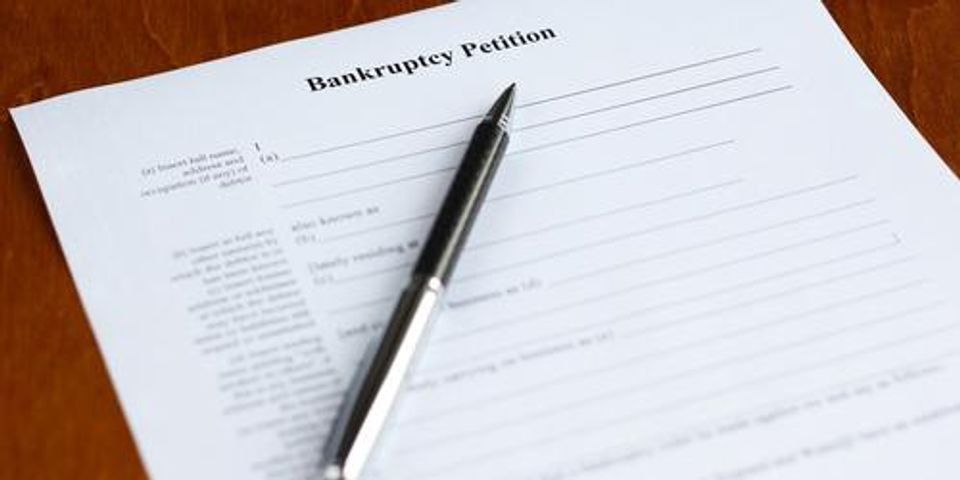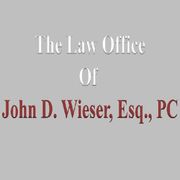
Petitioning for bankruptcy is a viable option for those overwhelmed by mounting debt. If you’re considering this approach to help gain financial freedom, you should understand how the filing process works. For expert guidance through each stage, Rochester, NY, residents turn to John D. Wieser, Esq., PC. This bankruptcy attorney has experience with both Chapter 7 and 13 cases and will provide clients with all the knowledge they need to make the best decision. Below, he gives a brief overview of what you can expect when filing bankruptcy in New York.
Bankruptcy Attorney Explains the Filing Steps
1. Undergo Credit Counseling
The first thing you need to do is undergo credit counseling. This must be completed within the six months before you officially submit your petition to eliminate debt. A counselor will review your budget and discuss your options with you.
2. Take the Means Test
The Means Test is designed to determine your eligibility to file a Chapter 7 bankruptcy. It will analyze how your income compares to the average earnings for New York households of the same size. If you bring in less than the median, you will qualify for a Chapter 7. Otherwise, you will likely need to file a Chapter 13. Your bankruptcy attorney will help you make the final decision.
3. Collect All the Necessary Documents
Next, you must work on itemizing all your debt, income sources, monthly living expenses, assets, and major financial purchases made in the last two years. You will also have to collect copies of your tax returns for the past two years and any loan documents you have. All this will serve as proof of your financial status.
all your debt, income sources, monthly living expenses, assets, and major financial purchases made in the last two years. You will also have to collect copies of your tax returns for the past two years and any loan documents you have. All this will serve as proof of your financial status.
4. Decide Which Chapter to File
Once you have gathered all the appropriate paperwork, you will need to make a final decision on which chapter to file. You must fill out the corresponding petition and attach the right forms for whichever one you select. Chapter 7 requires a list of property exemptions, while Chapter 13 requires you to include a repayment plan.
5. Attend Meeting of Creditors or Repayment Hearing
After you have filed, a bankruptcy trustee will be court-appointed to your case. If you filed a Chapter 7, the trustee will set up a meeting of creditors you are obligated to attend. If you decided to go with a Chapter 13, you will attend a hearing before a judge to learn if your repayment plan is accepted or denied.
Hiring an experienced bankruptcy attorney is one of the most crucial steps you will take when you begin your journey towards debt relief. Contact John D. Wieser, Esq., PC to ensure your petition satisfies all the requirements for a valid filing. Call (585) 328-0660 or visit his website for additional information.
About the Business
Have a question? Ask the experts!
Send your question

